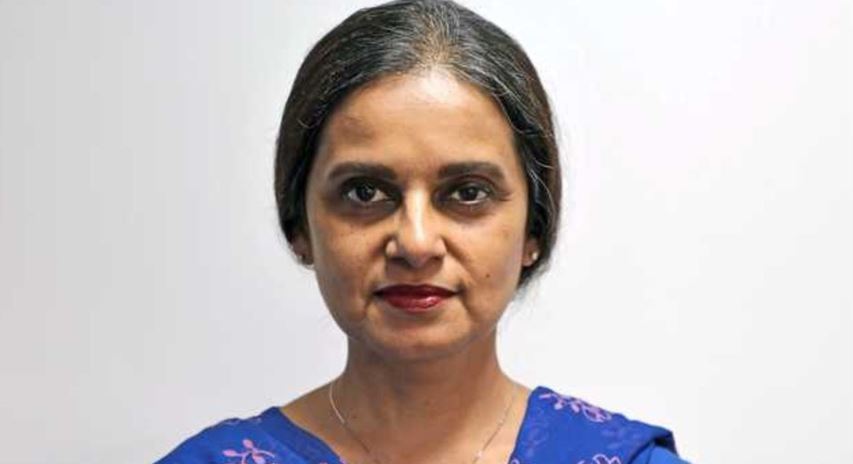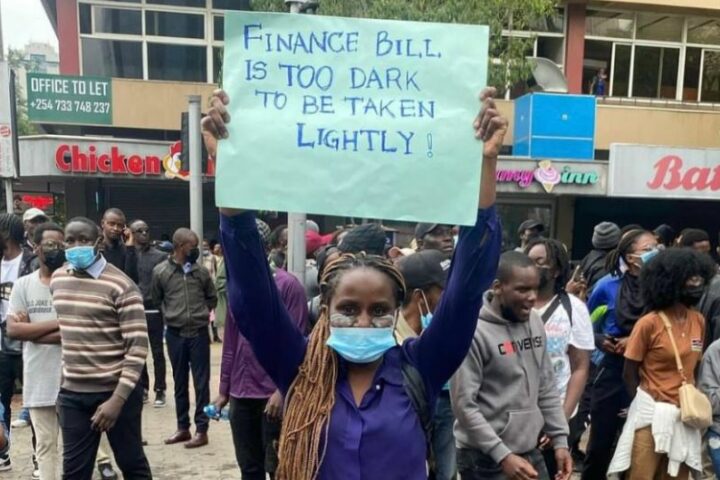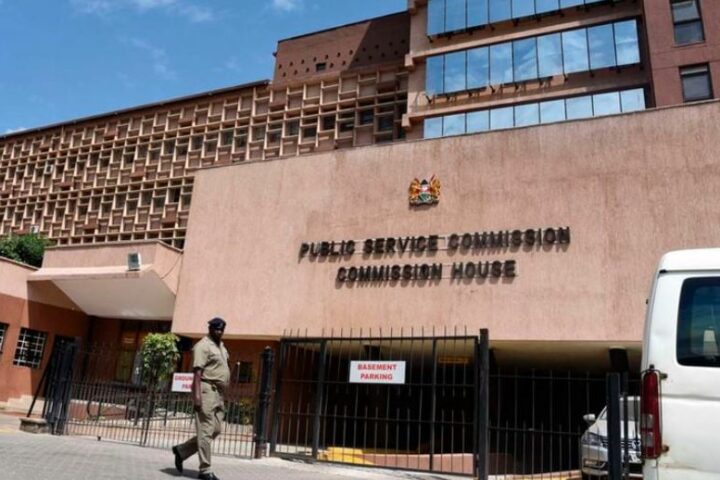 Maniza Zaman is the UNICEF Representative in Kenya, a position she has held since June 2019.
Maniza Zaman is the UNICEF Representative in Kenya, a position she has held since June 2019.
Prior to this assignment, Ms. Zaman was the UNICEF Representative in Tanzania since January 2016. Before that, she was the Deputy Director in Programme Division in UNICEF, New York.
What inspires you most about working for children in Kenya?
Every single child must have a fair chance in life. Kenya has a diverse and young population. I just imagine where the country would be if we could harness the minds, creativity and spirit of children and young people. To do that, we have to invest in children right from birth – in fact from before birth through the wellbeing of their mothers and families.
Were there any life-changing experiences that put you on the path that led you to where you are now?
I come from Bangladesh. I lived abroad as a child, and whenever I used to go back home for holidays, I would see children on the streets. Some were begging, hawking and trying to clean cars at traffic lights. I wondered why they were not in school like me. I realised at a very young age that even though we were all children, somehow my life and theirs were different. That sense of injustice stayed with me, and inspired me to follow a path to a place where I could contribute to improving children’s lives.
Who was the most influential person to you as a child?
My parents were the biggest influence on me — my father for his pursuit of fairness and strong ethics, my mother for her compassion and immensely generous spirit, and both for their love and guidance every day.
Last week, you were part of the launch of a new strategy on violence against children. Why is this an important issue in Kenya?
Violence against children is an important issue because it affects about one in two children in Kenya. That’s less than 10 years ago, but it’s still too high. And the signs are that Covid-19 is making the situation worse, also through school closures, which take children away from a protective environment. Violence against children causes permanent disabilities, health issues and emotional scars.
And also children who have experienced or been exposed to violence repeatedly are more likely to do the same when they are adults. Violence also has significant economic costs, including loss of productivity when the children become adults. So this is about the future of the country.
Around 14 million Kenyan children are currently at home due to the Covid-19 pandemic. How is UNICEF supporting them?
We’re supporting the Kenya Institute of Curriculum Development to develop remote lessons for TV, radio and Internet, and making sure that parents know when they’re on and how to access them.
We’re mapping children’s access to lessons across the country, and we will soon be distributing learning materials and radios to the most vulnerable families to make sure that children continue to learn. To help with the safe reopening of schools, we’re working with the government on draft guidelines for water and sanitation facilities in institutions. And we’re continuing to install hand-washing facilities in schools that don’t have them.
We all look forward to safe re-opening of schools. It is very worrying that with children now being out of school for a prolonged period, we are seeing increased cases of violence against them, including sexual abuse and gender-based violence. Also, studies have shown that the longer children are out of school, the greater the risk that the poorest among them will never return. They may be sent off to work, get married off too early or be exposed to other risks that can spell doom to their future and dreams.
What challenges have you encountered at work, and how do you navigate them?
At times when you work on children’s issues, you can feel that there is so much to do with new threats emerging to their well-being all over the world. Instead of feeling overwhelmed, I try to put things into perspective. It’s important to appreciate and celebrate every step we take towards a better world for children while at the same time keeping a keen focus on what has to change, and energising every day for that goal. So keeping a positive outlook is very important.
When you think about the future, what makes you concerned or worried? What gives you a sense of hope?
Right now I worry that the gains made for children in the last few decades could be undone due to the direct and indirect consequences Covid-19. And about ongoing conflict in parts of the world, where we are unable to reach children with even the most basic services.
But worry should not deter you – quite the contrary – it provides you with greater clarity on what to focus on. And the passion, determination and creativity of children and young people for a better world gives me great hope.
What accomplishment are you most proud of during your career at UNICEF?
Every child supported in life through direct or indirect help from UNICEF is a proud moment for me, whether in countries where I serve or elsewhere in the world. I feel immensely privileged to be able to engage with communities and families as well as with the highest level of decision-makers in any country. Being able to advocate for systematic change and improvement in children’s lives makes us as a UNICEF family immensely proud.
What are you looking forward to next in your work as UNICEF representative to Kenya?
I would like to travel more around the country and listen to individual children. Theirs are the most powerful voices. And I would like to contribute my part to a journey where one day, Kenya will be seen as the best place on Earth to be a child.
What motivates you to do what you do? What are you most excited or passionate about?
Besides my early experiences in Bangladesh, I’m always motivated by looking at children’s faces – both the happy faces and the unhappy or pained ones. The happy faces give me joy and tell me that we are on the right path, while the unhappy ones give me a strong motivation to keep on working to change things for the better.
What are you currently reading, and what is compelling about it?
Trevor Noah’s Born a Crime. The book is a revealing story of a journey and life experience under apartheid in South Africa, and how that was felt and seen through the eyes of a child and in later years. I think it’s important that we try to understand other people’s experiences and journeys so we can empathise and do all we can to fight for justice.






